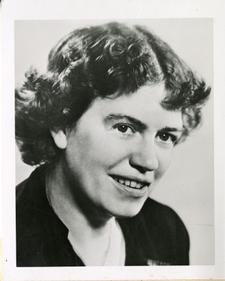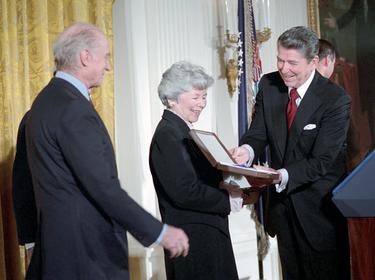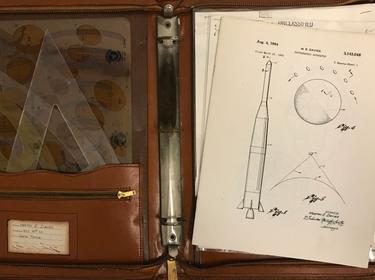Margaret Mead is well-known for her studies about sexual attitudes in the South Pacific. So RAND might have seemed like an odd fit for this cultural anthropologist.
But during World War II, Mead successfully lobbied the government to include anthropologists in the war effort to help understand enemies and allies. She began using anthropological techniques to characterize entire civilizations from afar. After the war, she and her husband had already written “national character” studies of Americans and Britons. At RAND from 1948 to 1950, she turned to the USSR.
To accomplish what she called “culture cracking,” Mead looked to Russian emigres, books, journals, archives, and films for answers since the Soviet Union was inaccessible. The result, Soviet Attitudes Toward Authority: An Interdisciplinary Approach to Problems of Soviet Character, examines the discrepancy between Bolshevik ideals and Soviet reality. It ends with Mead predicting the USSR's future strengths as well as weaknesses that the United States might exploit.

Margaret Mead in 1948
Photo by Smithsonian Institution
The study met with mixed reviews. “The study is blood chilling and strips bare our chiefest enemy,” the Omaha World-Herald breathlessly reported. Another reviewer wrote: “Europeans have their views about the American habit of putting one's legs on tables, about American admiration for Coca-Cola and chewing gum … But nobody would consider these features part of a serious study of the ‘traditional American character.’”
Mead soon moved on from conducting national character studies to becoming a national character herself, advocating for women's rights, more sexual freedom, better race relations, and solutions to pollution and world hunger.
“Never doubt that a small group of thoughtful, committed citizens can change the world,” Mead is famously quoted as saying. “Indeed, it is the only thing that ever has.”
— Melissa Bauman
Sources: “Mead and the Trajectory of Anthropology in the United States” by Ian Jarvie; The New York Times; The Russian Review; Encyclopedia Britannica; and RAND archives.



